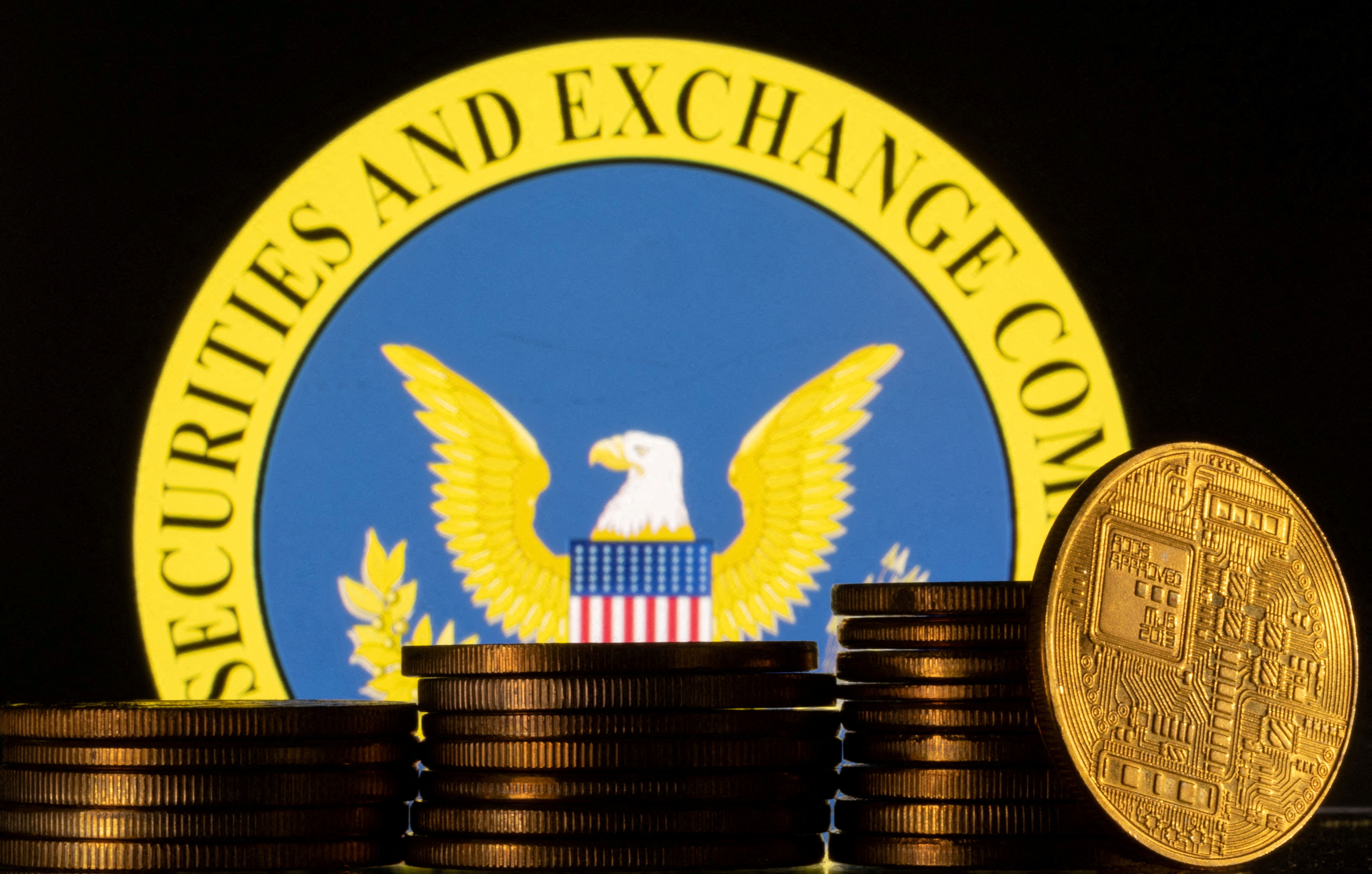Will the US SEC Delay Approval of New Crypto ETFs?

In the fast-paced world of cryptocurrencies, one of the most anticipated developments is the approval of exchange-traded funds (ETFs) by the United States Securities and Exchange Commission (SEC). ETFs could potentially open the floodgates for institutional investment in cryptocurrencies, offering investors a regulated and familiar way to gain exposure to digital assets. However, despite growing interest and demand, the SEC has been cautious in granting approval for crypto ETFs, raising questions about potential delays in the approval process.
The idea of a crypto ETF is straightforward: it would allow investors to buy and sell shares representing ownership in a diversified portfolio of cryptocurrencies, similar to how traditional ETFs track indices or commodities. This would provide investors with a convenient and regulated way to invest in cryptocurrencies without the complexities of managing digital wallets or dealing with unregulated exchanges.
The benefits of a crypto ETF are clear. It would provide investors with access to the crypto market through established brokerage accounts, potentially increasing liquidity and reducing volatility. Moreover, it could pave the way for institutional investors, such as pension funds and endowments, to allocate capital to cryptocurrencies, further legitimizing the asset class.
Despite these benefits, the SEC has thus far been hesitant to approve crypto ETFs, citing concerns about market manipulation, custody, and investor protection. The regulatory agency has rejected numerous proposals for crypto ETFs in the past, often citing the lack of oversight and regulation in the crypto market as a major hurdle.
One of the primary concerns of the SEC is the potential for market manipulation in the crypto space. Unlike traditional financial markets, cryptocurrency exchanges operate 24/7 and span multiple jurisdictions, making it difficult to monitor and regulate trading activities effectively. Without adequate safeguards against manipulation, the SEC is reluctant to greenlight crypto ETFs that could expose investors to undue risks.
Another major issue is custody. Cryptocurrencies are stored in digital wallets, which are susceptible to hacking and theft. Custody solutions for digital assets are still in their infancy, and the SEC has expressed concerns about the security and reliability of these solutions. Without robust custody arrangements in place, the SEC is unlikely to approve crypto ETFs that could leave investors vulnerable to theft or loss.
Additionally, the SEC is tasked with ensuring that investors are adequately protected. This includes providing investors with accurate and transparent information about the assets they are investing in. With cryptocurrencies being notoriously volatile and opaque, the SEC faces challenges in ensuring that investors are fully informed about the risks involved in investing in crypto ETFs.
Given these concerns, it is possible that the SEC could delay the approval of new crypto ETFs until the regulatory landscape becomes clearer and adequate safeguards are in place. However, there are signs that the SEC may be warming up to the idea of crypto ETFs.
In recent years, the SEC has shown a greater willingness to engage with the crypto industry and explore potential regulatory frameworks. The agency has also approved futures-based Bitcoin ETFs, signaling a shift towards a more accommodating stance on crypto investment products. Furthermore, with growing demand from investors and pressure from industry stakeholders, the SEC may feel compelled to expedite the approval process for crypto ETFs.
Ultimately, the fate of crypto ETFs in the US rests in the hands of the SEC. While there are valid concerns that could lead to delays in approval, there are also indications that the regulatory environment is evolving to accommodate the growing interest in cryptocurrencies. As the industry continues to mature and regulatory uncertainties are addressed, the prospect of a crypto ETF becoming a reality in the US becomes increasingly likely. Until then, investors will have to navigate the crypto market through other means, such as direct investment or alternative investment vehicles.










































![[LIVE] Engage2Earn: Veterans Affairs Labor repairs](https://cdn.bulbapp.io/frontend/images/1cbacfad-83d7-45aa-8b66-bde121dd44af/1)


